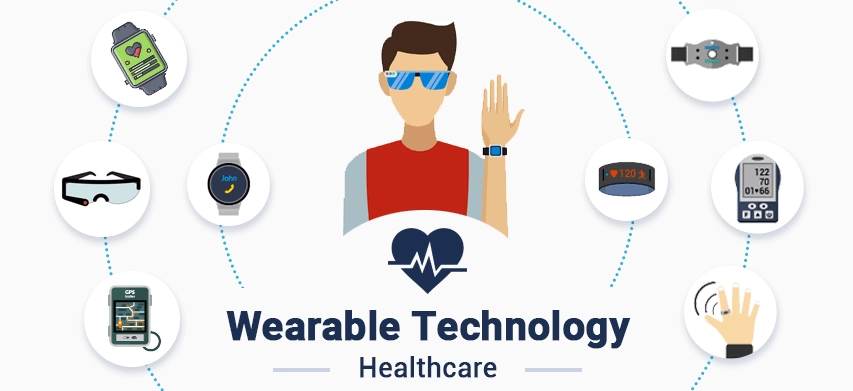Maintaining Cognitive Health as We Age: Leveraging Lifestyle Adjustments to Potentially Prevent 40% of Dementia Cases

The scenario emphasizes the urgency of early detection and intervention in dementia, highlighting the need for awareness, research, and equitable access to care to reduce its burden and promote healthy aging
A 65-year-old woman seeks medical assistance multiple times for her declining memory. Initially reassured that it's inconsequential, later she's told it's merely a part of aging. Eventually, the truth emerges: "It's Alzheimer's. There is no cure."
Such scenarios are regrettably common.
Dementia often slips under the radar, even in affluent countries like United States, where over 60 percent of cases go undetected. Misconceptions about cognitive decline being a normal facet of aging, coupled with insufficient knowledge about dementia symptoms and diagnostic criteria among medical professionals, contribute to these missed diagnoses and delayed interventions.
It's crucial not to dismiss age-related memory lapses as typical. While occasional forgetfulness, like misplacing keys or forgetting a parking spot, happens to everyone, frequent occurrences warrant medical attention.
Although many individuals experiencing mild cognitive changes won't necessarily develop dementia, for some, these declines serve as an early warning sign. Research indicates that those with mild cognitive impairments face a heightened risk of dementia later in life.
In fact, studies demonstrate that the disease process, characterized by changes in brain structure and metabolism, begins decades before memory loss manifests. Moreover, there's growing consensus in the scientific community that interventions aiming to slow or prevent disease progression are most effective when initiated early.
Despite this knowledge, standardized protocols for early detection aren't widely implemented, largely due to gaps in our understanding of dementia.
Dementia and our Aging Population
The research focuses on utilizing advanced brain MRI techniques to assess brain health in older adults at high risk of dementia. The objective is to pinpoint new biomarkers of early pathology, potentially leading to enhanced detection methods in the future.
As United States's senior population grows, so does the prevalence of dementia, tightly linked with aging. Projections suggest a substantial increase in dementia cases, including Alzheimer's, with an estimated 1.7 million Americans affected by 2050—exceeding Manitoba's population.
This impending surge will strain our already burdened healthcare systems unless significant measures are taken to reverse this trend. Thus, effective prevention strategies are more urgent than ever.
Promising Developments and Lifestyle Interventions
Recent breakthroughs in Alzheimer's treatment underscore the importance of early detection. Clinical trials reveal that these treatments are most effective when administered during the early stages of the disease.
However, further research is imperative. While these therapies target one disease process—reducing amyloid levels, believed to be neurotoxic—they may only slow cognitive decline in a subset of patients. A comprehensive understanding of other processes, tailored to individuals, is essential for combining treatments with complementary strategies.
Furthermore, substantial financial and human resources will be required to deliver these treatments, potentially limiting access, especially in low- and middle-income countries experiencing rising dementia cases.
Lifestyle changes offer a cost-effective, side-effect-free approach to reducing dementia risk. Integrating dementia risk assessment into routine medical visits for older adults can identify those at highest risk and provide guidance on maintaining brain health through lifestyle modifications.
While at-risk individuals stand to benefit the most from interventions—potentially a combination of pharmaceutical and lifestyle approaches—adopting healthy habits can benefit anyone, safeguarding against not just brain diseases, but also heart and other organ-related ailments.
Addressing Barriers and Promoting Health Equity
Policy initiatives can address societal inequalities contributing to higher dementia prevalence among ethnic minorities and vulnerable populations. Despite United States's universal healthcare system, health inequities persist, disproportionately affecting those with lower socioeconomic status, disabilities, Indigenous communities, racialized groups, immigrants, and LGBTQ2S individuals.
Policy changes can promote healthy lifestyles and improve living conditions for these communities, such as enhancing access to sports facilities and preventive healthcare services for lower-income groups, and designing cities conducive to active living.
We must be ambitious in our prevention efforts. The future of our healthcare system and individual health hinges on it.






